Uzbekistan
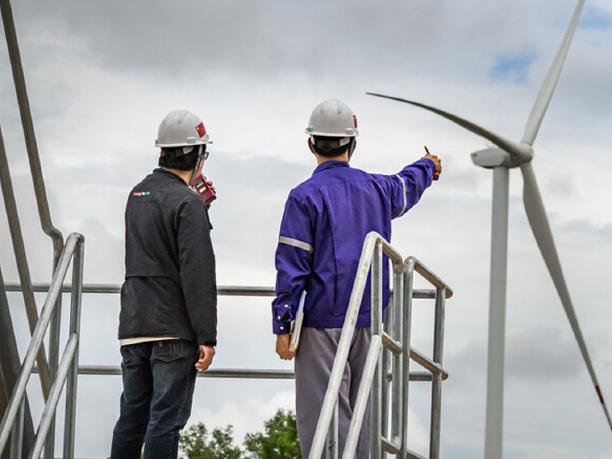
Building Central Asia's Biggest Wind Farm
The biggest wind farm in Central Asia will soon be spinning in Uzbekistan, delivering reliable power and helping fight climate change.
Listen to the article
Established in 1991, the European Bank for Reconstruction and Development (EBRD) is a developmental investment bank that provides financial products, including loans, equity investments, guarantees, and advisory services. These products help finance private sector projects, promote trade, and provide business services for small and medium-sized enterprises. The EBRD operates in numerous sectors such as agribusiness, infrastructure, transport, energy, manufacturing and services, natural resources, telecommunications, media, and technology. Its regions of operation extend from the Southern and Eastern Mediterranean, through Central and Eastern Europe, to Central Asia. ADB and the EBRD have a mutual reliance agreement on procurement, making it easier to do joint contract cofinancing.
29 November 2024
ADB and APU Dairy LLC signed a $20 million (equivalent in Mongolian togrog) loan to support nomadic herders by integrating them into the dairy value chain, enhancing dairy processing capacity, and promoting sustainable herd management practices.
23 October 2024
ADB has approved a $86.67 million grant to help Tajikistan further improve national road connectivity by developing a demonstration green corridor in the country.
20 April 2024
The leaders of 10 multilateral development banks announced joint steps to work more effectively as a system and increase the impact and scale of their work to tackle urgent development challenges.
15 October 2024
Two new publications released today by the GEMs Consortium—a group of 26 multilateral development banks and development finance institutions—provide further insights on the level of credit risk in emerging markets and developing economies, according to the investment experience of consortium members.
ADB and the European Bank for Reconstruction and Development collaborated on several knowledge products and events including the following:
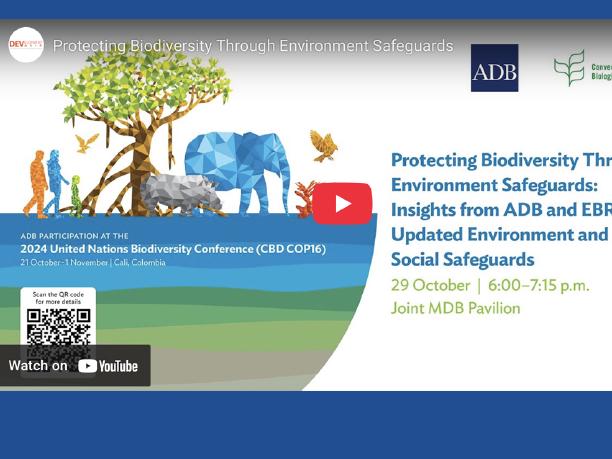
This session from the 2024 United Nations Biodiversity Conference (CBD Conference of the Parties 16), moderated by Henrik Linders, managing director of Environment and Sustainability at the European Bank for Reconstruction and Development (EBRD), shared insights on the evolving biodiversity standards for development banks, including ADB’s Environmental and Social Framework and EBRD’s Environmental and Social Policy.
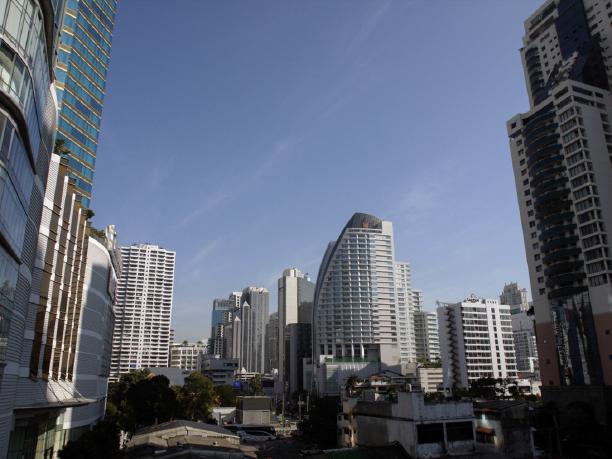
Multilateral development banks need to collaborate to further increase financial support, improve regulatory frameworks, promote marketplaces, drive the E&S agenda, build market capacity, and increase product availability in supply chain finance markets.
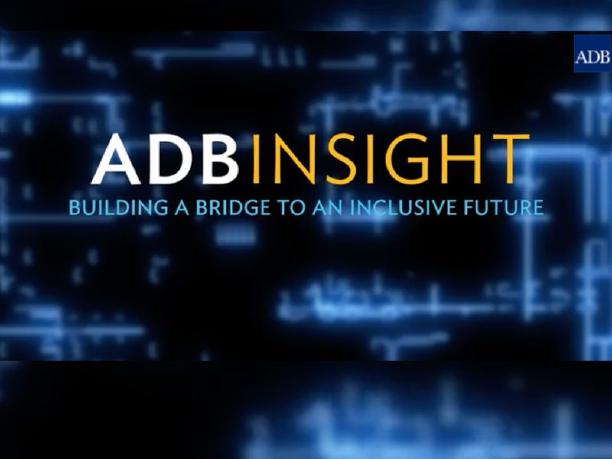
In a curtain raiser to the 2024 Annual Meeting, ADB President Masatsugu Asakawa, European Bank for Reconstruction and Development President Odile Renaud-Basso and Georgia Finance Minister Lasha Khutsishvili share their insights on what it will take to build a sustainable, inclusive future.
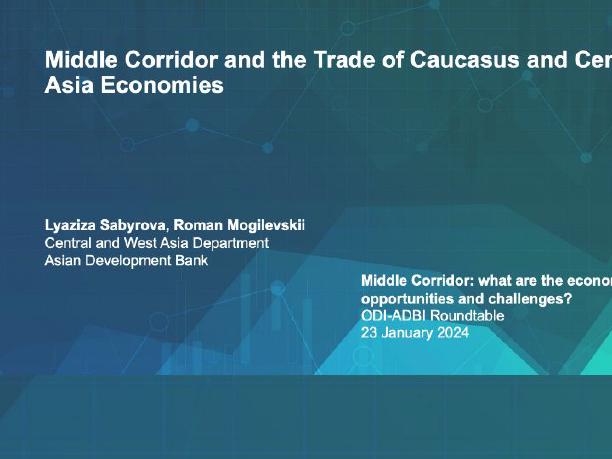
The Middle Corridor was, until recently, considered the second-best option to the Northern Corridor for connecting Europe and Asia, boasting a potential reduction of up to 3,000 km, according to a recent report by the European Bank for Reconstruction and Development. This virtual roundtable explored questions related to opportunities presented by the Middle Corridor, infrastructural challenges of the Middle Corridor, economic costs of infrastructure development on this route, and the financing options for infrastructure development on this route.
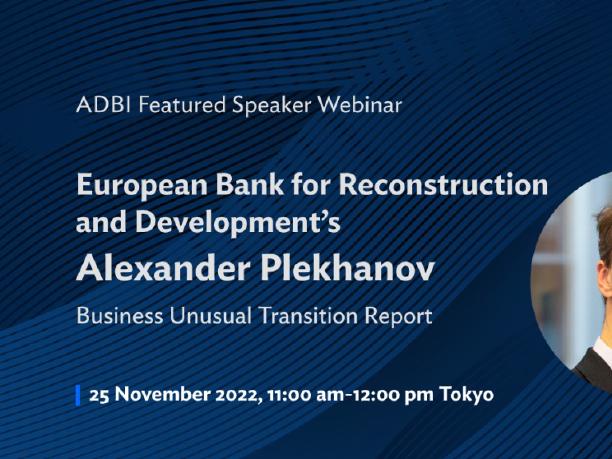
This ADB Institute Featured Speaker webinar spotlighted Alexander Plekhanov of the European Bank for Reconstruction and Development (EBRD), who presented EBRD’s 2022–23 Transition Report on the policy implications of “business unusual” conditions in the global economy.
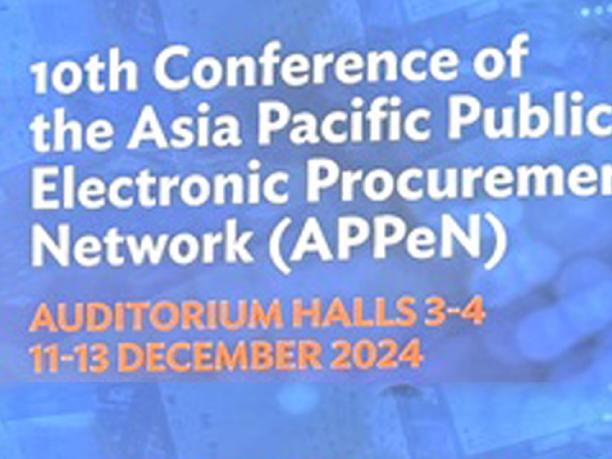
ADB organized the 10th Conference of the Asia Pacific Public Electronic Procurement Network on 11–12 December 2024 in Manila focusing on digital transformation of public procurement with emerging trends in automation and the use of electronic procurement for achieving broader policy objectives toward achieving broad development outcomes.

Multilateral development banks need to collaborate to further increase financial support, improve regulatory frameworks, promote marketplaces, drive environmental and social agenda, build market capacity, and increase product availability in supply chain finance markets.
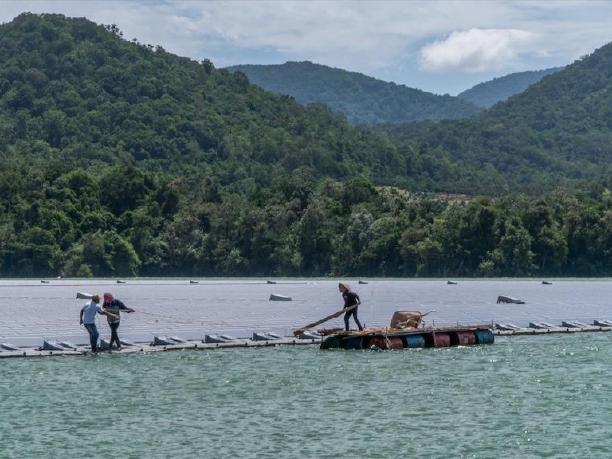
Multilateral development banks remain firmly committed to support ambitious climate action: assisting clients with flexible, targeted approaches that also drive sustainable economic growth and development, generate jobs, address catastrophic biodiversity loss and pollution, and enhance social inclusivity and resilience.
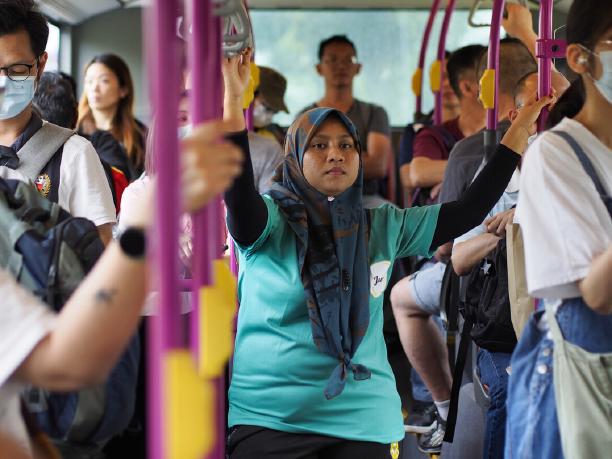
On the International Day for the Elimination of Violence Against Women in 2024, multilateral development banks were united in their efforts to create a world where women and girls live free from violence.
The European Bank for Reconstruction and Development contributes to ADB’s development initiatives through cofinancing.
ADB and the European Bank for Reconstruction and Development signed a procurement framework arrangement in 2011 to support projects related to public sector management and policy and results-based lending.
Sovereign Cofinancing. In 2024, the European Bank for Reconstruction and Development provided loan cofinancing of $240 million to Kazakhstan for the reconstruction of the Kyzylorda and Zhezkazgan corridor in the Ulytau region to improve regional connectivity and boost trade and socioeconomic opportunities in central Kazakhstan. The project will also strengthen the institutional capacity in climate resilience, gender equality, and financial sustainability.